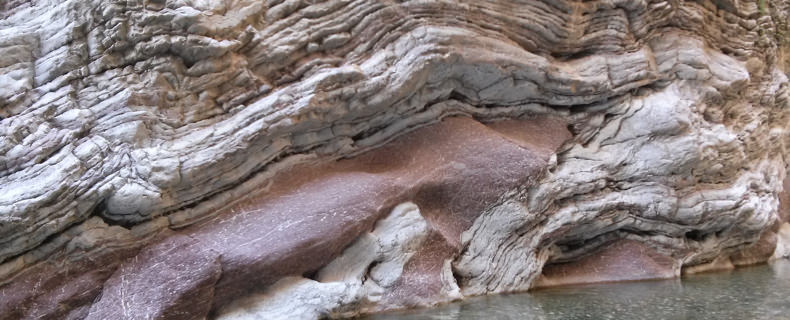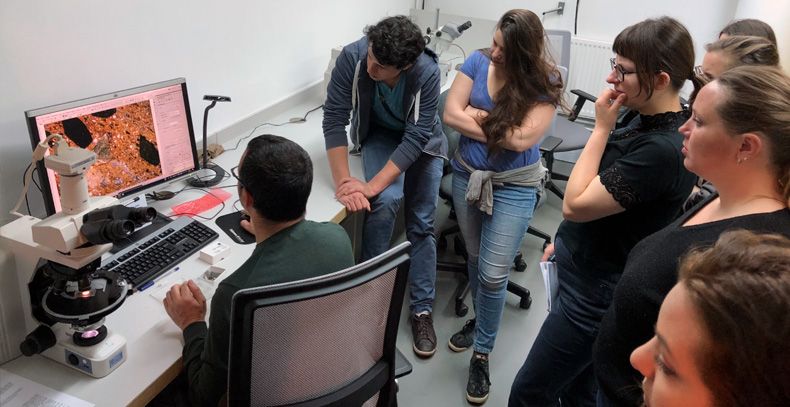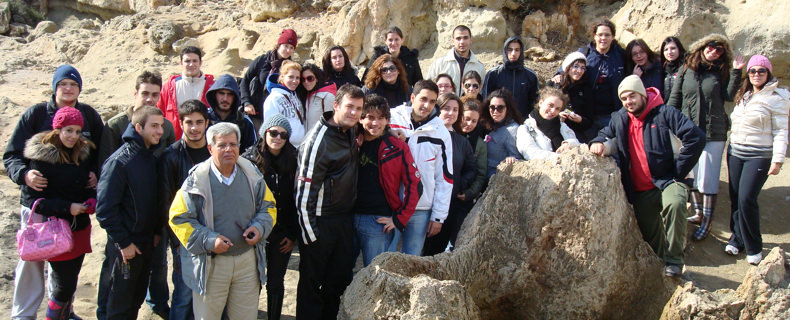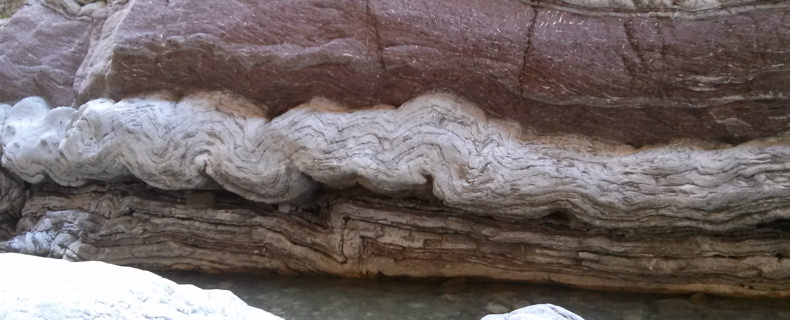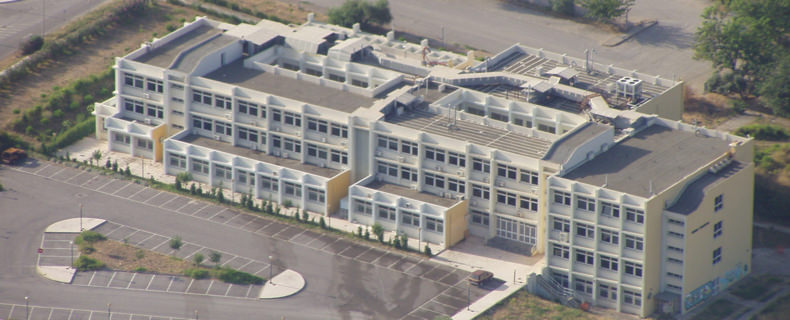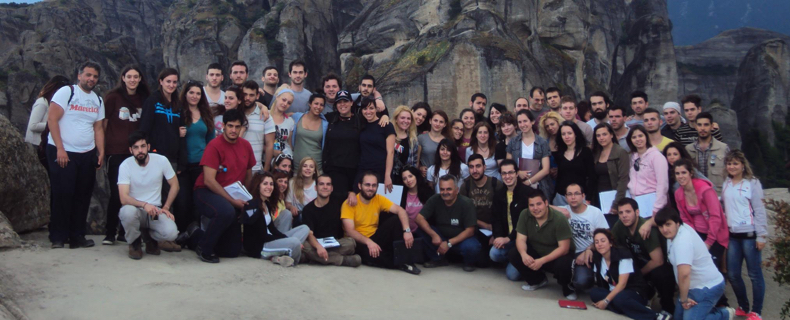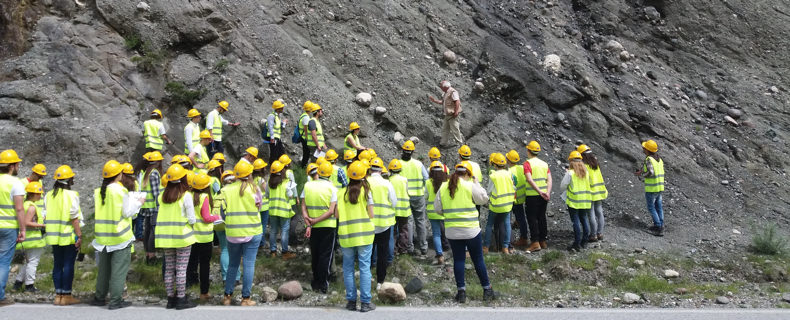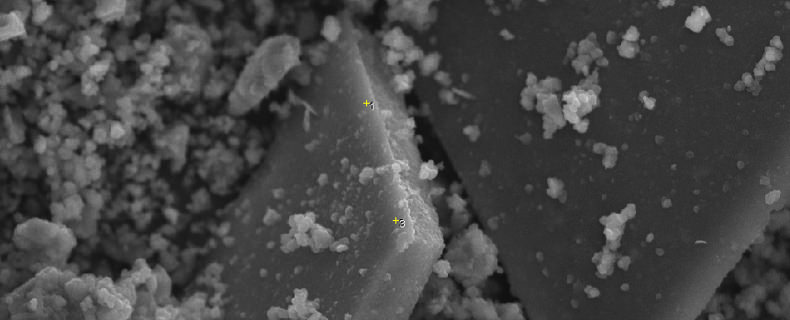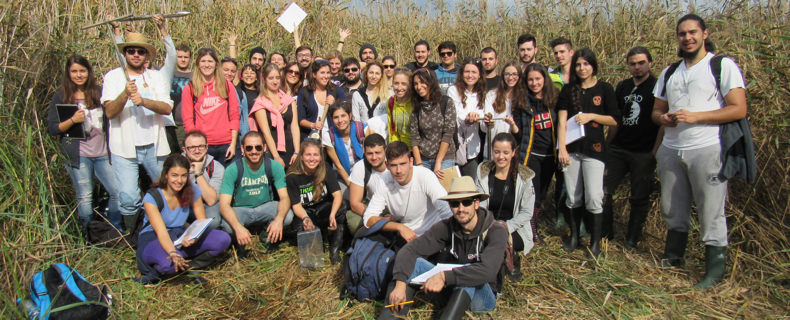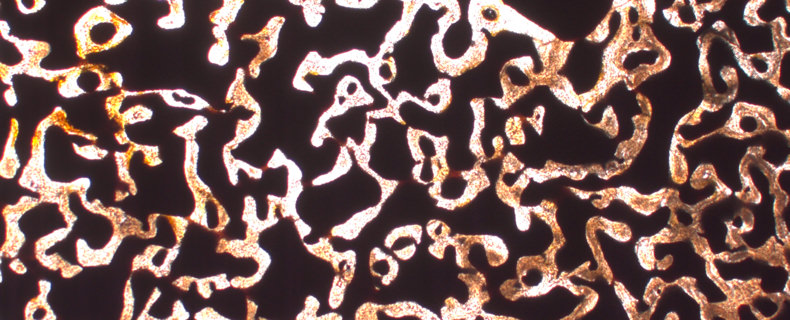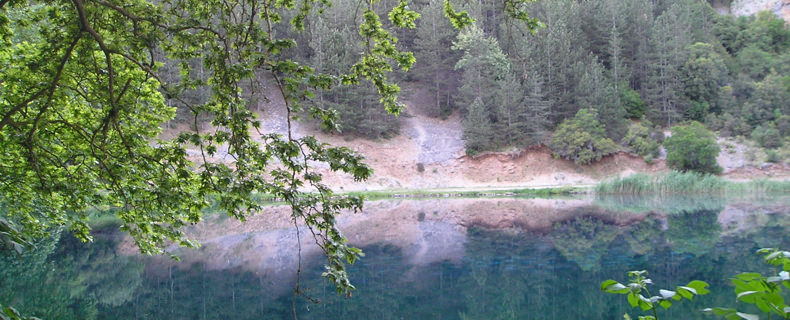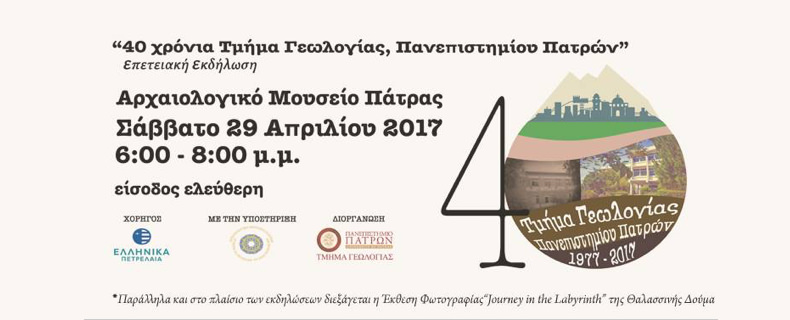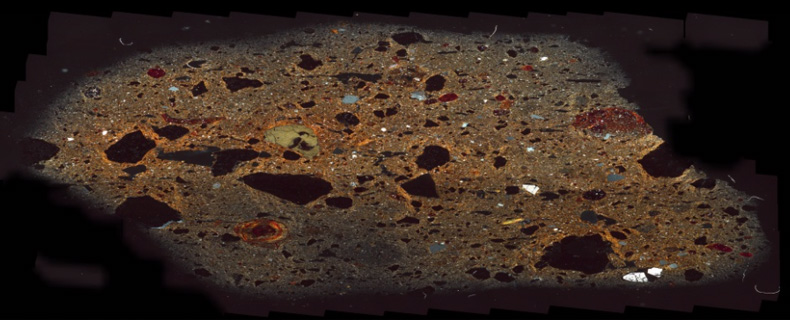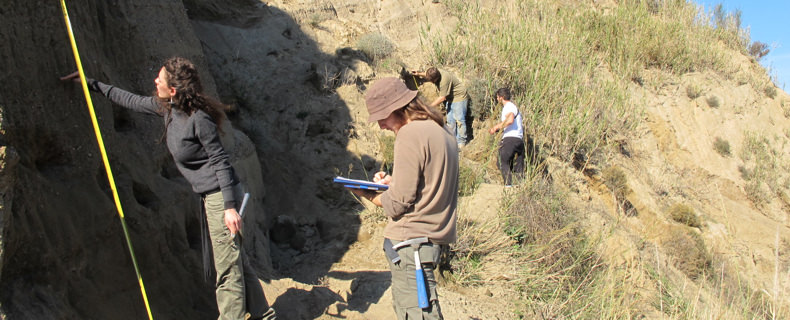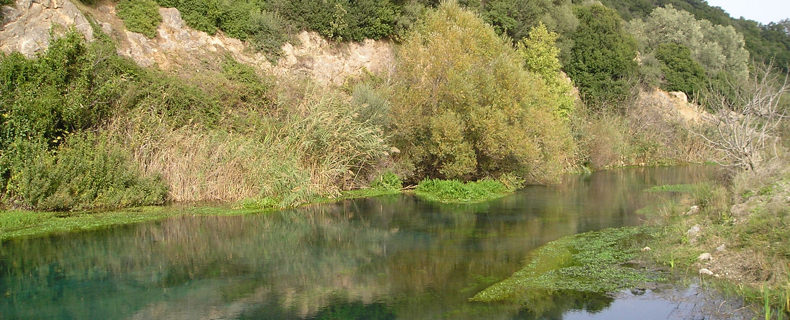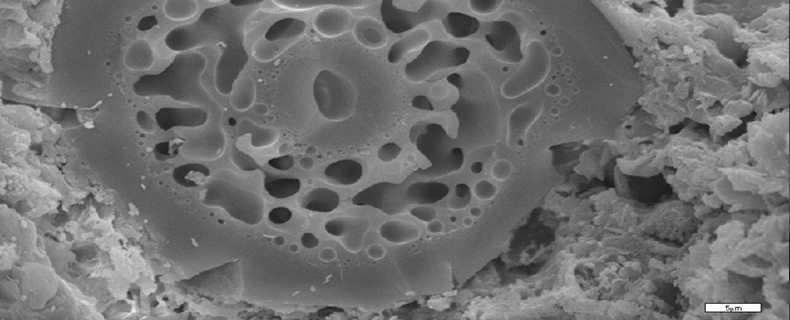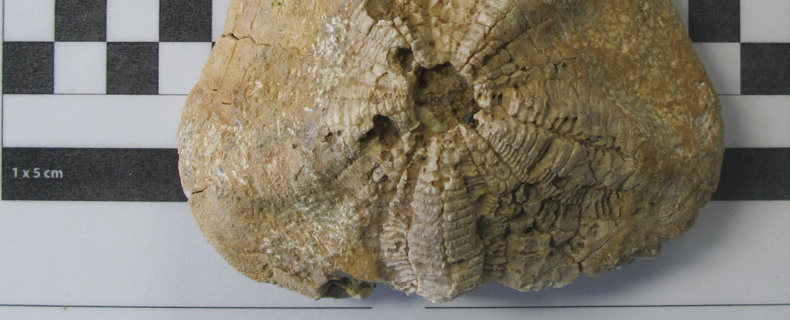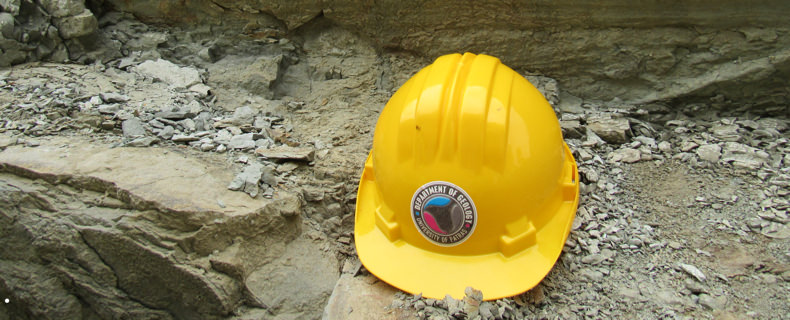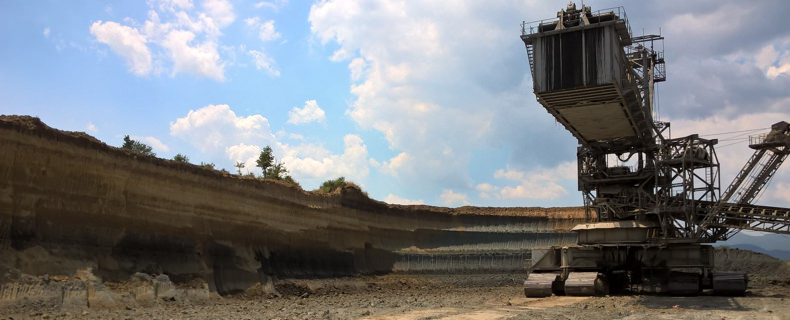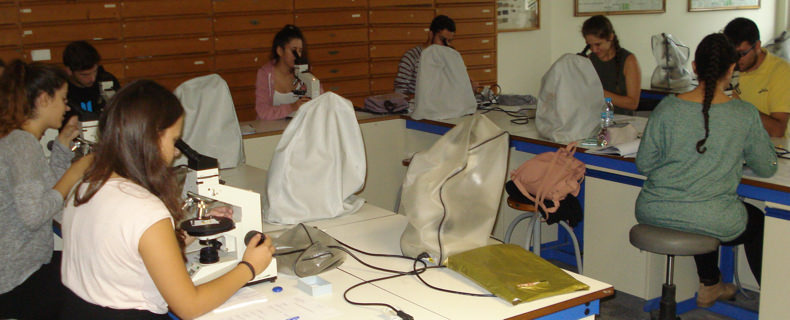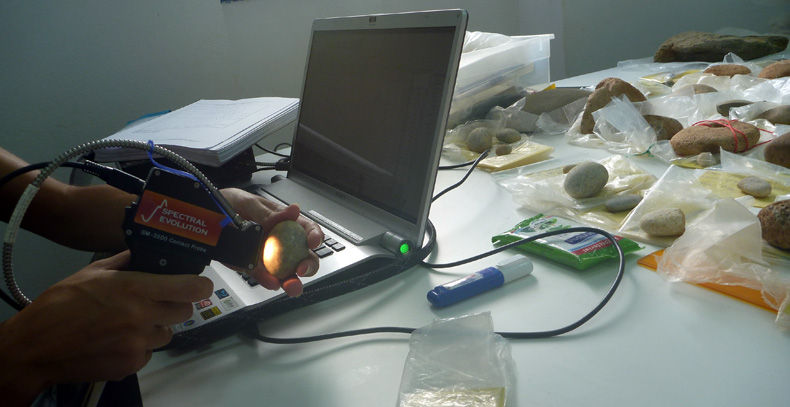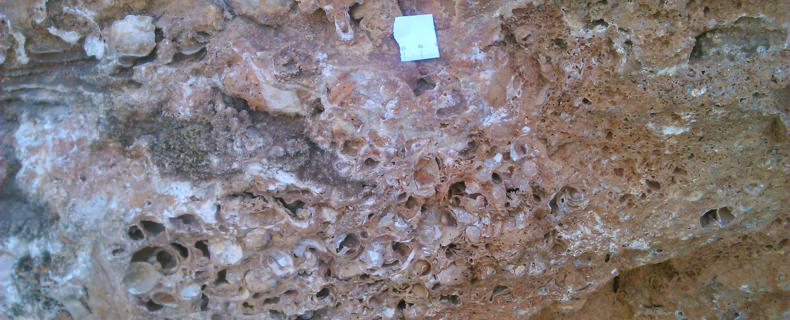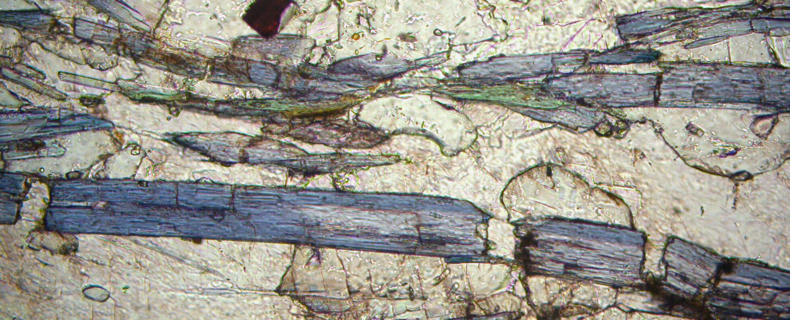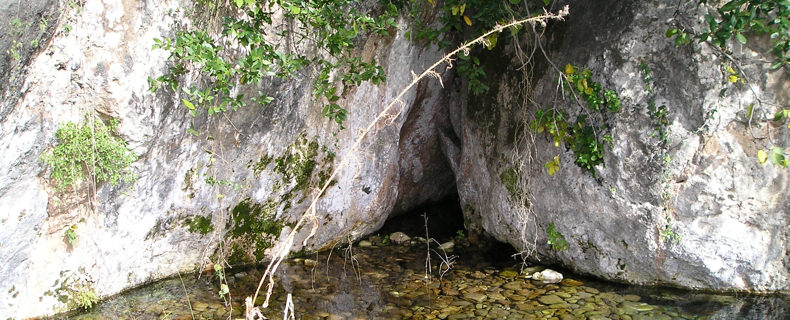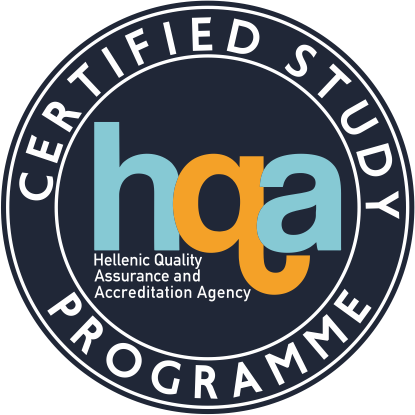| School | Natural Sciences | ||||||||
| Academic Unit |
Geology Department | ||||||||
| Level of Studies |
Undergraduate | ||||||||
| Course Code |
GEO_006 | ||||||||
| Εξάμηνο σπουδών | 1ο | ||||||||
| Course Title |
School Psychology | ||||||||
| Independent Teaching Activities |
Lectures, seminars and laboratory work | ||||||||
| Weekly Teaching Hours |
3 (lectures) | ||||||||
| Credits | 3 | ||||||||
| Course Type |
Theoretical, General Knowledge | ||||||||
| Prerequisite Courses |
|||||||||
| Language of Instruction & Examinations |
Greek. Teaching may be however performed in English in case foreign students (through the Erasmus+ programme) attend the course. | ||||||||
| Is the Course offered to Erasmus Students |
Υes | ||||||||
| Course Web-Page (URL) | http://eclass.upatras.gr/courses/PDE1310/ | ||||||||
| Learning Outcomes |
Upon successful completion of the course, students should be able to understand the activities of the division of School Psychology and the counselling and psychological services offered by school psychologists in the school community. In addition, because of the particularities of the Greek educational system (where school psychologists are not available in mainstream schools), students will be able to understand the role of teachers in the provision of psychological and counselling services in the schools. | ||||||||
| General Competences |
By the end of this course the student will, furthermore, have developed the following skills (general abilities):
|
||||||||
| Syllabus | The course consists of an introduction to the field of School Psychology and the work of school psychologists in the provision of psychological services in the schools following the mental community delivery model. In addition, the course presents the various facilities for the delivery of psychological and counselling services in the Greek educational system placing emphasis in the most recent Special Needs Education Laws. More, by recognizing the particularities of the Greek Educational system and the limited staffing of public schools (at all levels) with support personnel, the course also focuses on the role (roles) teachers are called upon to play daily in the schools (beyond their teaching duties), such as counselling of students, counselling for parents, educational assessment and implementation of educational interventions. | ||||||||
| Delivery | Lectures | ||||||||
| Use of Information & Communication Technology |
SYNTHETIC ORGANIC CHEMISTRY Use of Information and Communication Technologies (ICTs) (e.g. powerpoint) in teaching. Additional information is available through the eclass system of the University. |
||||||||
| Teaching Methods |
|
||||||||
| Student Performance Evaluation |
SYNTHETIC ORGANIC CHEMISTRY (SOC) Written examination after the end of the semester. Minimum passing grade: 5. |
||||||||
| Attached Bibliography |
|


